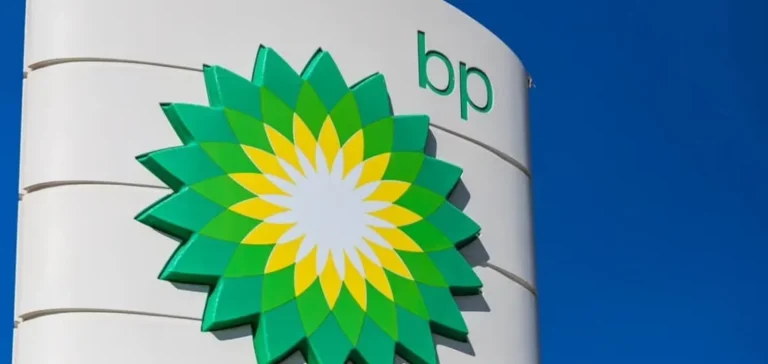British multinational BP has announced the indefinite suspension of its blue hydrogen project development at the Whiting refinery in Indiana. This decision comes as the project was a central component of a regional initiative aimed at establishing a clean hydrogen hub intended to supply heavy industry in the Midwest. Initially planned to produce hydrogen from natural gas while capturing and storing carbon dioxide (CO₂) emissions, the project aimed notably at providing low-carbon energy to regional steel mills. This initiative was part of an ambitious public-private partnership named the Midwest Alliance for Clean Hydrogen (MACH).
Federal funding under scrutiny
The Whiting project partly benefited from a $1 billion federal funding agreement between the U.S. Department of Energy (DOE) and MACH. To date, only $22 million has actually been disbursed by the U.S. government. The future of the funding, granted under the previous administration, remains uncertain, especially since the DOE has already canceled several energy projects totaling $3.7 billion. U.S. Secretary of Energy Chris Wright indicated that funding commitments made by the previous administration remain under review through the end of the summer, without specifying the fate specifically of the Whiting project.
Successive industrial withdrawals
Furthermore, this suspension is part of a series of recent pullbacks affecting the industrial development of decarbonized hydrogen in the Midwest. Steelmaker Cleveland-Cliffs, another key player in the envisioned regional hub, recently canceled its plan to build a hydrogen-powered steel plant in Ohio. This project, despite benefiting from a federal funding commitment of $500 million, was dropped. These withdrawals raise questions about the immediate economic feasibility of the planned hydrogen infrastructure, previously considered essential to the U.S. government’s strategic objective of decarbonizing heavy industry.
Complex industrial context
A BP spokesperson stated that the decision primarily aims to ensure the economic competitiveness of its refinery, one of the largest refining facilities in the Midwest. The global context marked by increased volatility in natural gas prices and high-cost carbon capture technologies complicates initial investment plans in blue hydrogen. Indeed, the emerging market for low-carbon hydrogen struggles to find financial equilibrium, compelling companies to reassess their commitments in response to current economic realities.
The impact of this suspension extends beyond BP and Whiting, prompting decision-makers and investors to reconsider the conditions necessary for the emergence of a hydrogen economy in the American Midwest. The coming months will be crucial in determining whether this withdrawal signifies a temporary strategic repositioning or a precursor to further industrial pullbacks in the region.






















